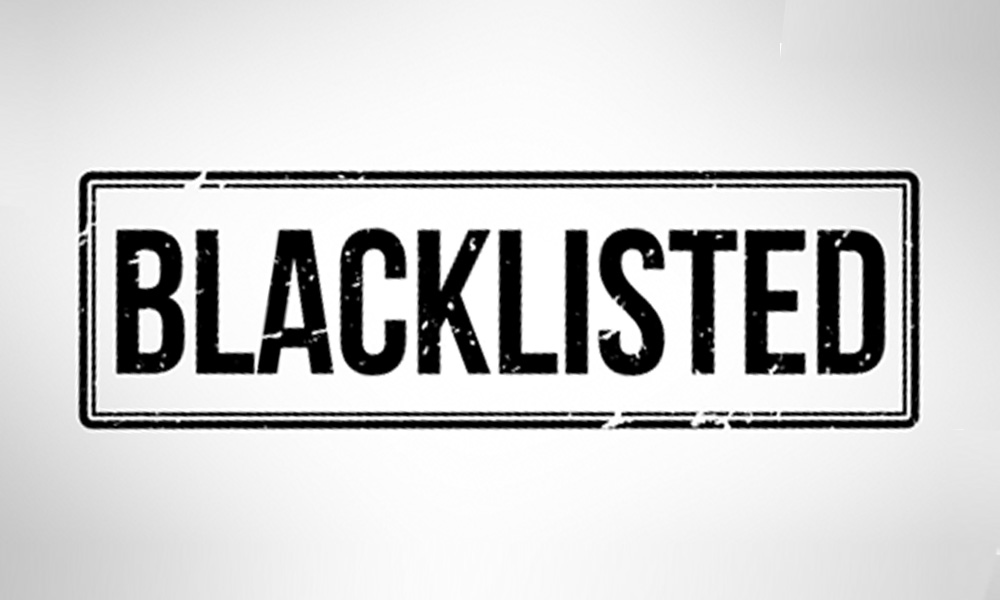
Being blacklisted by a loan app in Kenya often comes as a shock to many borrowers, especially those unaware of how Credit Reference Bureaus (CRBs) operate. When a digital lender flags your defaulted loan, your details are reported to one or more of Kenya’s three licensed CRBs—TransUnion, Metropol, or Creditinfo. This listing marks you as a defaulter, reducing your credit score and blocking access to formal credit channels for up to 12 months or longer.
A negative listing can affect more than just borrowing. Some employers conduct credit checks before hiring, meaning a poor score can even hurt your job prospects. Since 2020, the Central Bank of Kenya (CBK) has stepped in to regulate the digital lending space, barring over 300 unregulated loan apps from accessing CRB data due to unfair practices such as exorbitant interest rates, unauthorized data sharing, and borrower harassment. Still, many users continue to face blacklisting issues.
The good news is that blacklisting is not permanent. Here’s a detailed step-by-step guide on what to do if you’ve been blacklisted by a loan app and how to recover your credit standing.
1. Verify Your CRB Status
The first step is to confirm whether you have actually been listed. Many borrowers panic after missing a payment without confirming their CRB records. To check your status, send an SMS with the word “CRB”, followed by your full name and ID number, to 21272.
For a comprehensive report, visit the offices or websites of TransUnion, Metropol, or Creditinfo. A full report will show the lender’s name, the outstanding balance, the amount in default, and the date of listing. This information helps you determine whether the listing is valid or a mistake caused by system errors or fraudulent reporting. If you spot inaccuracies, note the details for a dispute later.
2. Contact the Lender for Clarification
Once you confirm the blacklisting, identify which loan app in Kenya submitted the report. Contact the lender immediately through official channels such as customer support email, in-app chat, or social media pages. Reputable lenders usually allow borrowers to negotiate payment plans or request interest waivers.
You can ask for:
- Restructuring of your loan, allowing smaller installments over time.
- Partial settlement agreements, where you pay a reduced amount to clear the balance.
- Interest waivers, which lenders may offer during CBK debt relief programs.
Keep records of all communications, including messages, call logs, or emails. These can help protect you in case of intimidation or harassment, which are violations of CBK’s lending guidelines.
If the app in question is unlicensed or operating from outside Kenya, it cannot legally report your default or enforce repayment. In such cases, report it to the CBK Consumer Protection Office, where offenders face fines of up to KSh 2 million.
3. Repay and Request Clearance
Once you’ve negotiated with the lender, prioritize paying off the principal amount before addressing accumulated interest. Some rogue apps apply daily interest rates, making full repayment difficult, so always confirm the total balance before payment.
After clearing the debt, request a “No Objection” or clearance letter from the lender confirming that you’ve fully paid. This document is essential for delisting from the CRB. Submit the letter to the CRB that reported the default, and your credit record will typically update within five to seven working days.
You can then apply for a CRB clearance certificate, which serves as official proof that your debt has been settled. If your defaulted amount was below KSh 1,000, CBK reforms passed in 2020 ensure automatic clearance once the debt is paid.
4. Dispute Wrongful or Unfair Listings
Sometimes, borrowers are wrongfully blacklisted by a loan app they never borrowed from, often due to identity theft or unauthorized data sharing. If this happens, you can file a dispute with the CRB free of charge. Each CRB has an online dispute form where you can submit your complaint along with evidence such as payment receipts, screenshots, or communication records. The CRB must investigate and respond within 30 days.
If the listing is linked to a rogue or unlicensed lender, escalate the matter to the CBK or the Communications Authority of Kenya (CAK). Under Kenya’s Data Protection Act, apps that leak borrower data or contact third parties without consent can face penalties of up to KSh 2 million.
If you cannot afford legal representation, organizations such as KELIN Kenya or consumer rights forums offer free legal aid to help resolve CRB disputes.
5. Rebuild Your Credit and Avoid Future Blacklisting
Once cleared, focus on rebuilding your credit profile. A healthy score increases your access to bank loans, mobile credit, and even job opportunities. Here’s how to recover effectively:
- Monitor your credit report regularly. CRBs allow one free report per year through their apps or websites.
- Borrow from licensed lenders only. Confirm a lender’s registration on the CBK website before applying.
- Repay loans on time. Even small digital loans help rebuild your credit if consistently paid.
- Avoid unnecessary borrowing. Only take loans you can repay comfortably within the agreed period.
- Consider joining a SACCO or microfinance institution for safer, ethical credit options.
After full recovery, uninstall inactive loan apps to protect your data and prevent unnecessary access to your personal information.
Jefferson Wachira is a writer at Africa Digest News, specializing in banking and finance trends, and their impact on African economies.
